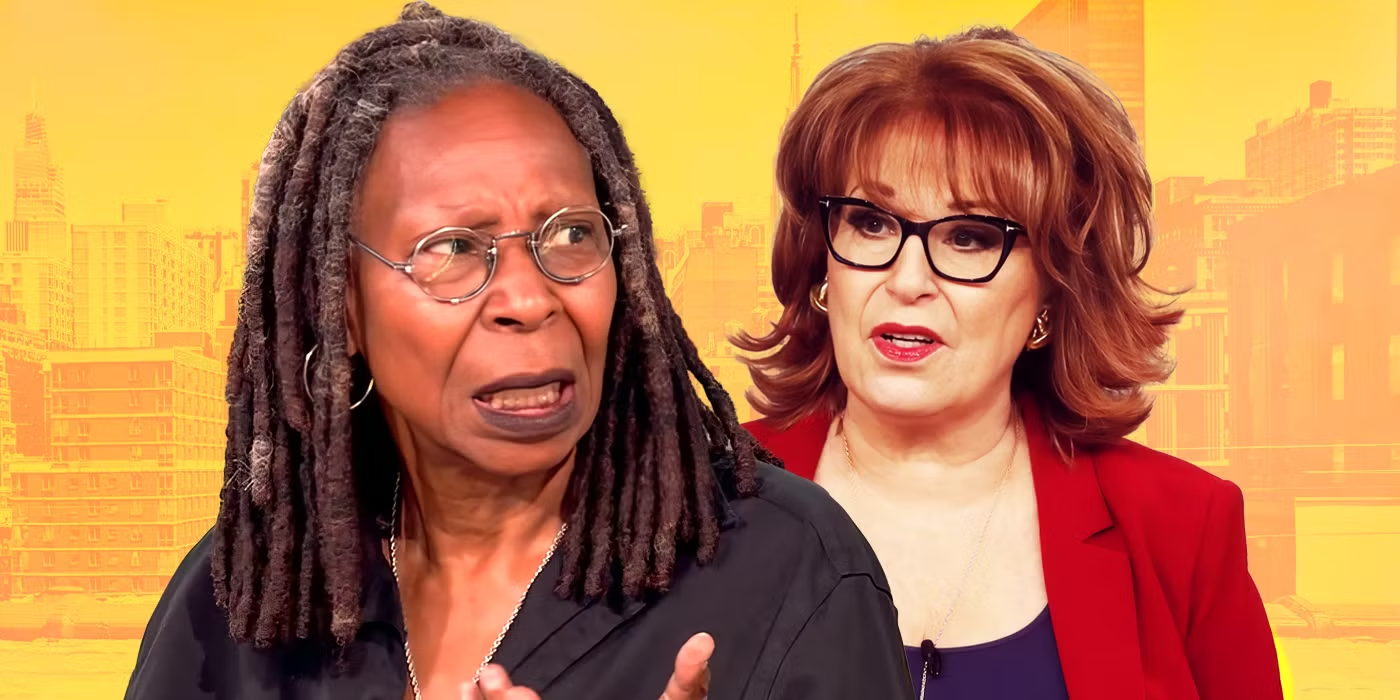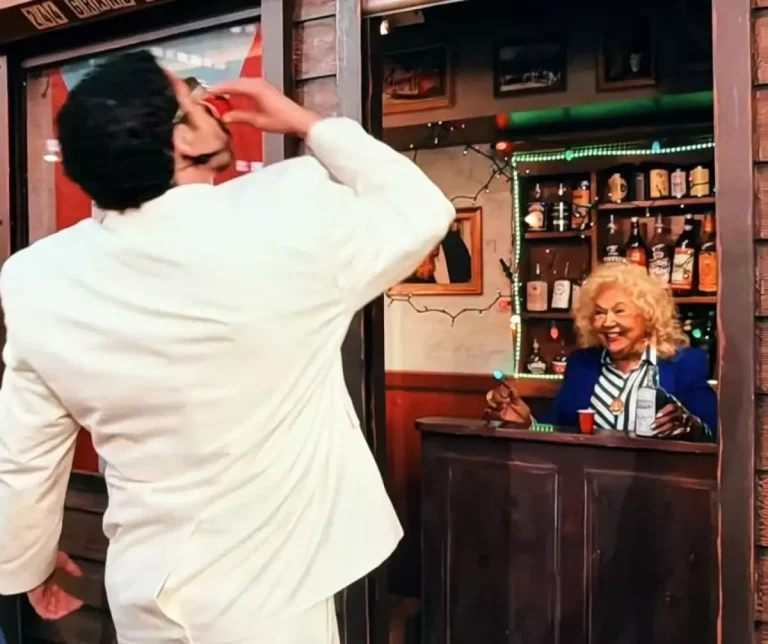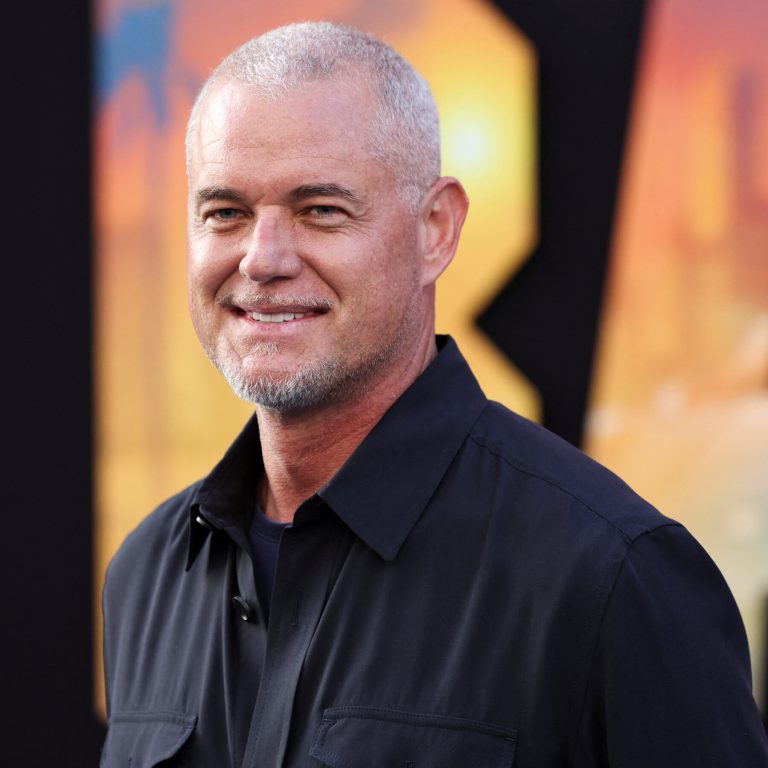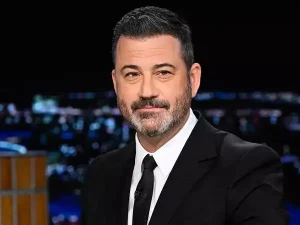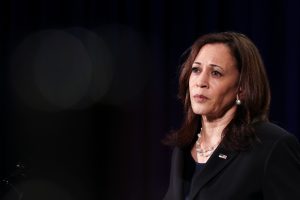FCC Chair Brendan Carr has recently raised concerns over whether ABC’s daytime talk show The View should be considered a bona fide news program under federal broadcasting rules, potentially placing the popular series under regulatory review. His comments came during an interview on Scott Jennings’ podcast, where he emphasized the complexities that arise when daytime programs combine entertainment, commentary, and interviews, blurring the lines between news reporting and opinion-driven content.
Carr, who has long been a prominent voice in discussions regarding fairness and equal representation in broadcasting, questioned whether shows like The View are adequately exempt from the FCC’s equal-time rules, which generally require broadcast stations to provide political candidates with equal airtime. He noted that while late-night talk shows are often treated as bona fide news programs for the purposes of these exemptions, daytime shows that mix entertainment with political commentary do not automatically qualify for the same status. According to Carr, this creates a regulatory gray area that warrants careful examination.
“You could potentially make the case that it’s a news program, but I’m not certain,” Carr said during the podcast. He added that reviewing such shows is a “worthwhile” effort to ensure compliance with federal guidelines. This statement has generated significant attention among media professionals, political analysts, and audiences alike, highlighting the ongoing debate over the role of opinion and commentary in mainstream television.
The equal-time rule, codified under the Communications Act, requires broadcast stations to provide equivalent opportunities to political candidates. However, there are exemptions for bona fide news programs, interviews, and documentaries. Carr’s concern centers on whether daytime talk shows like The View, which blend entertainment and discussion of political issues, should be considered part of the news exemption or if they might be subject to equal-time obligations.
Carr’s comments come in the wake of his criticism of ABC for suspending Jimmy Kimmel’s late-night program. Kimmel’s controversial remarks about the suspect in the assassination of conservative activist Charlie Kirk prompted scrutiny of how networks apply content rules consistently. While late-night shows are traditionally treated as news programs for FCC purposes, daytime talk shows with similar political content may fall into a more ambiguous category, raising questions about equal representation of political viewpoints.
Research by the Media Research Center points to a partisan imbalance on The View. According to their analysis, during the first half of 2025, the show featured 63 liberal guests, including nine Democratic politicians, but did not host any right-leaning political figures. While this statistic does not directly indicate a violation of FCC rules, it underscores Carr’s concern that programs claiming news status may inadvertently favor certain political perspectives.
An entertainment lawyer consulted by Fox News elaborated on Carr’s position, noting that the FCC is primarily concerned with ensuring that programs claiming news status do not unduly favor one political viewpoint. This does not mean that the FCC regulates entertainment content directly, but rather that the fairness and equal-time obligations must be considered when evaluating a show’s classification. Carr’s emphasis is on maintaining a consistent application of federal guidelines across different program formats, ensuring that politically active media cannot exploit exemptions to skew public perception or access.
The debate surrounding The View illustrates a broader challenge in modern broadcasting: determining the boundary between news and entertainment. As shows increasingly blend opinion, commentary, and interviews with celebrities or political figures, it becomes difficult to apply traditional definitions. The FCC’s rules were designed decades ago, at a time when television content was more clearly divided between hard news broadcasts and entertainment programming. Today, however, the media landscape is far more complex, and programs like The View represent hybrid formats that blur the lines between journalistic reporting and opinionated discourse.
Carr’s remarks have also prompted discussions about the political implications of equal-time rules. If The View were deemed not a bona fide news program, stations airing the show could be required to offer equivalent airtime to conservative voices and political candidates, potentially reshaping the programming decisions of networks and producers. Such an outcome could influence how daytime talk shows structure their content, guests, and discussions to align with regulatory requirements.
In addition to highlighting the potential regulatory review, Carr’s comments underscore the FCC’s broader mandate to ensure fairness and balance in broadcasting. While the First Amendment protects freedom of speech and editorial independence, federal regulations exist to prevent broadcasters from providing disproportionate exposure to one political viewpoint over another, particularly during election cycles. Determining whether a show qualifies as bona fide news is thus a critical step in enforcing these standards.
The controversy over The View has ignited reactions across the media and political landscape. Supporters of Carr’s position argue that daytime talk shows wield significant influence over public opinion, and as such, should be held to standards that ensure balanced coverage. Critics, on the other hand, contend that programs like The View are clearly opinion-driven and should not be subject to strict equal-time obligations, as doing so could undermine editorial freedom and creative expression.
This discussion also intersects with ongoing debates about media bias and representation. Studies of daytime talk shows and late-night programs have consistently highlighted disparities in political coverage, with some critics claiming that networks disproportionately favor liberal perspectives. While these claims are often politically charged, Carr’s emphasis on consistent rule application reflects a desire to ensure that all broadcast content, regardless of format, adheres to federal standards designed to promote fairness.
Carr’s comments have drawn attention not only from media analysts but also from policymakers, who may consider legislative or regulatory clarifications to address these gray areas. As media consumption continues to evolve, the challenge of categorizing content as news, commentary, or entertainment becomes increasingly relevant. Future FCC reviews could establish clearer criteria, helping both broadcasters and viewers understand which programs are subject to equal-time obligations.
Experts note that the distinction between news and entertainment is not merely semantic. For instance, when shows cover political topics with a distinct editorial stance, they can influence voter perception and public discourse. Ensuring that such programs either comply with equal-time rules or are accurately classified as news is essential for maintaining the integrity of the political process.
Furthermore, Carr’s remarks have prompted discussions about the role of media research and analysis in guiding regulatory decisions. The Media Research Center’s findings on guest selection on The View highlight the importance of empirical data in evaluating whether a program presents a balanced range of perspectives. As the FCC considers potential reviews, such research could play a pivotal role in determining the need for further oversight or enforcement.
In practical terms, any review of The View would likely involve a careful examination of programming content, guest selection, and the framing of political discussions. The FCC could request documentation from ABC, analyze show transcripts, and evaluate whether the program provides a platform for diverse political viewpoints. This process would be consistent with Carr’s emphasis on ensuring that programs claiming news status do not disproportionately favor one side of the political spectrum.
While no formal action has yet been taken, Carr’s statements signal that the FCC is attentive to the evolving media landscape and is considering how regulations apply to modern, hybrid-format shows. Broadcasters may need to reevaluate their content strategies, especially for programs that mix political commentary with entertainment, to ensure compliance with federal guidelines.
It is worth noting that daytime talk shows like The View play a significant role in shaping public discourse, reaching millions of viewers daily. As such, questions about equal-time obligations are not merely academic—they carry real implications for the fairness and balance of political representation in media. Carr’s remarks highlight the need for clarity and consistency in regulatory standards, ensuring that all political voices have the opportunity for equal exposure.
In conclusion, FCC Chair Brendan Carr’s comments regarding The View raise important questions about the classification of hybrid media programs and the application of federal broadcasting rules. While the program is widely recognized as entertainment, its political commentary may place it within the purview of equal-time regulations, depending on how the FCC interprets the law. Carr’s focus on fairness and consistency reflects ongoing challenges in balancing free speech, editorial independence, and regulatory oversight in a rapidly changing media environment. Broadcasters, policymakers, and audiences alike will be watching closely as the discussion evolves, potentially shaping the future of political programming on television.

Emily Johnson is a critically acclaimed essayist and novelist known for her thought-provoking works centered on feminism, women’s rights, and modern relationships. Born and raised in Portland, Oregon, Emily grew up with a deep love of books, often spending her afternoons at her local library. She went on to study literature and gender studies at UCLA, where she became deeply involved in activism and began publishing essays in campus journals. Her debut essay collection, Voices Unbound, struck a chord with readers nationwide for its fearless exploration of gender dynamics, identity, and the challenges faced by women in contemporary society. Emily later transitioned into fiction, writing novels that balance compelling storytelling with social commentary. Her protagonists are often strong, multidimensional women navigating love, ambition, and the struggles of everyday life, making her a favorite among readers who crave authentic, relatable narratives. Critics praise her ability to merge personal intimacy with universal themes. Off the page, Emily is an advocate for women in publishing, leading workshops that encourage young female writers to embrace their voices. She lives in Seattle with her partner and two rescue cats, where she continues to write, teach, and inspire a new generation of storytellers.




